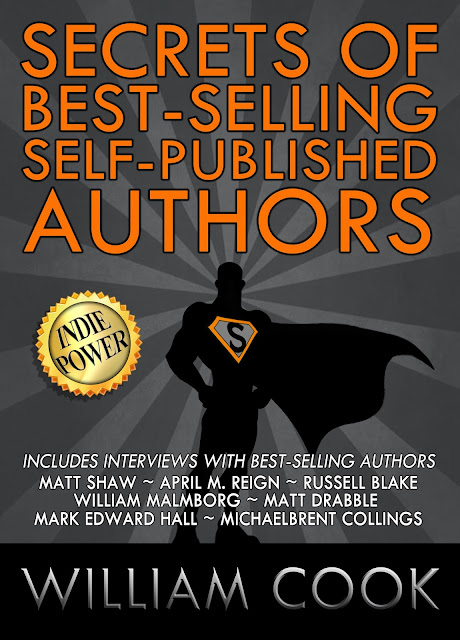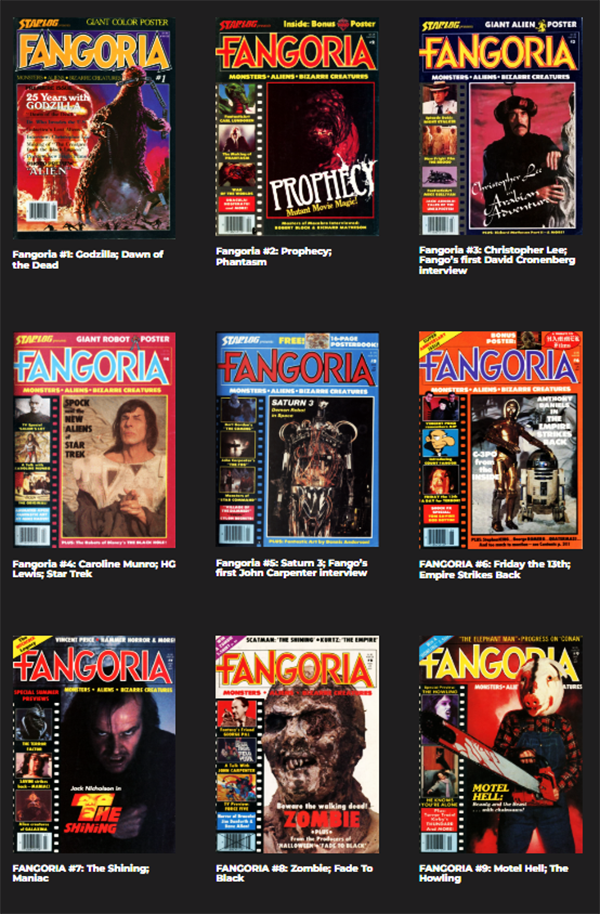Today we have a very special interview with best-selling Indie author, Ruth Ann Nordin. Ruth lives in Montana with her husband and four sons.
When she's not playing wife and mother, she's reading and writing. She
has written over sixty books, and about fifty of those are romances.
Her romances include Regencies, historical westerns, and contemporaries. To find out more about her and her books, please visit her website (link at the end of this interview). Meanwhile, grab your favorite beverage and dive into this interesting and informative interview:
Who are you and where do you come from? Do you think that your life
experience has gone someway towards making you a successful author in your
chosen genre?
I’m Ruth Ann Nordin, and I was
born and raised in Ohio. I’ve
lived in several states since I was 18, my favorite ones being North Dakota,
Alaska, and now Montana. To a
point, having moved around and checked out different areas of the United States
has influenced my decision to write historical westerns, so you could say it
has helped to some degree.
However, a person can live in one place their whole life and be
successful. There is no limit to
the imagination.
Did you try to get
publishing contracts for your books early on with traditional book publishers?
If so, did you have any success there or, if not, what was it that made you
decide to self-publish the majority of your work?
I did, but only because people in my writing groups said it was the
only legitimate way to be a writer.
I didn’t receive rejections, per se. I was given feedback on things to change in my stories, and
I was encouraged to resubmit them.
This was with two different publishing houses. So it wasn’t like I was submitting all over the place or
submitting a lot. I barely managed
the enthusiasm to submit to them since my heart wasn’t in it.
My heart wasn’t in doing the changes they wanted, either. The stories would significantly change,
and I wouldn’t have liked them the way the publishers wanted them. I decided to go on my own and
self-publish, much to the dismay of the writers in those groups. Some people warned me I was making a
huge mistake and some refused to acknowledge any of my self-published books. This was back in 2008-2009. I can tell you the attitude has changed
so much toward self-published authors.
Ironically, the writers who once argued with me about my choice are now
self-publishing their own books.
With
over fifty published works, you write mainly Historical and Contemporary
Romance but also dabble in other genres. What drew you to primarily write in
the Romance genre/s and why do you also write in other genres?
I love reading a wide variety of books. The same is true for watching TV shows
and movies. Writing in other
genres helps me stay creative. If
I only did romance, my work would become stale.
Is
diversification something you see as a growing necessity for contemporary
self-published/indie authors, or is specialization (genre focus) more important
in your opinion? If so/not please explain why.
I guess it depends on whether you’re going after a trend or
not. Romance sells well regardless
of trends, so it’s easier to diversify between Regencies, historical westerns,
and contemporaries (the three subgenres I write in). I remember when serials were big, and now I barely hear
anything about them. I never did
serials because I like writing standalones or a series where each book can
stand by itself.
I think what might be a good strategy is to find a genre
you enjoy, find out what elements are in the bestselling books in that genre,
and putting those elements into your stories. For example, when I branched out to Regencies, I read the
descriptions of the top sellers in the genre and picked out things they had in
common (a forced marriage, a scandal, and the hero and heroine not liking the
arrangement). I put all three into
my first Regency, and it was one of my bestselling books of all time. I created my own story using those
three things. I think that
technique can be done in any genre.
You’re not writing someone else’s story. You’re telling your own, but you’re using similar elements.
I would also make the title and cover something the readers
in the genre expect. If you do
something different for the sake of being different, I don’t think that’s going
to send the right message to your target audience. The audience has learned to expect a cover to look a certain
way. As for titles, I would use something
that would naturally catch the target audience’s attention. So having a woman in a beautiful gown
on the cover with a title along the lines of “Bride” or “Marriage” or “Mail
Order” attract romance readers, esp. for historical westerns. The books I use with those elements on
covers and titles sell the best long-term.
The genres I write outside of romance barely sell anything.
For experimentation, I would say
go ahead and spread the net wide.
But write most books that fit within the platform you’ve built for a
better chance at a sustainable income.
Most
of your books have positive reviews and lots of them (reviews, that is). How do
you go about soliciting reviews for your work, or is it a more organic process
for you in that you put the books out there and the reviews come on their own
accord? Do you have any advice for indie/self-published authors as to the best
way to gain reviews?
I don’t solicit reviews unless it’s a book with my
publisher. In that case, I offer a
free book in exchange for an honest review. (I only have five books with the publisher.)
For my self-published titles, I rely on an organic process
for acquiring reviews. I don’t
like asking for them because I’m so busy that I have trouble making it over to
Amazon to review books. Readers
are busy, too. Some have been
burned by authors who’ve actually harassed them over a review. I don’t want to add pressure to a
reader to review my books. I
prefer it to be their idea. Having
the first in a series at free has helped to get a lot of those reviews, but
mostly, it’s been time that builds up the number of them . . .
For more of this fascinating interview, please visit Self-Publishing Successfully for full transcript.
STAY TUNED FOR THE NEXT INTERVIEW
- SUBSCRIBE NOW -
GET YOUR FREE BOOK & NEVER MISS A POST
(CLICK THE IMAGE BELOW)








